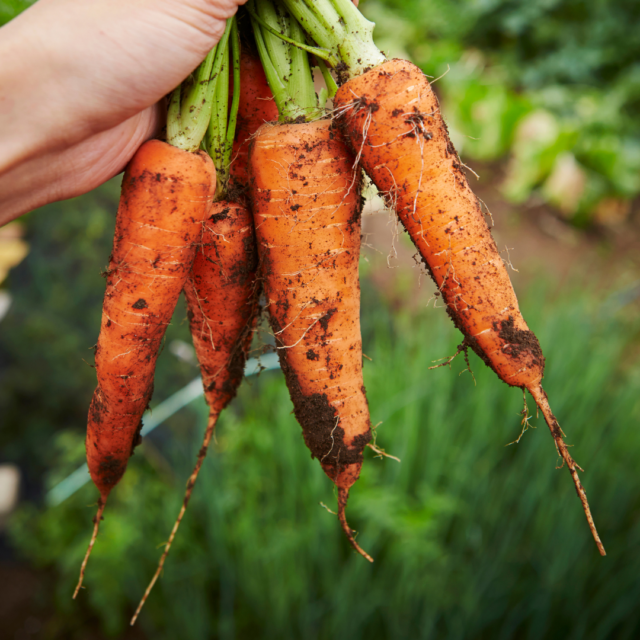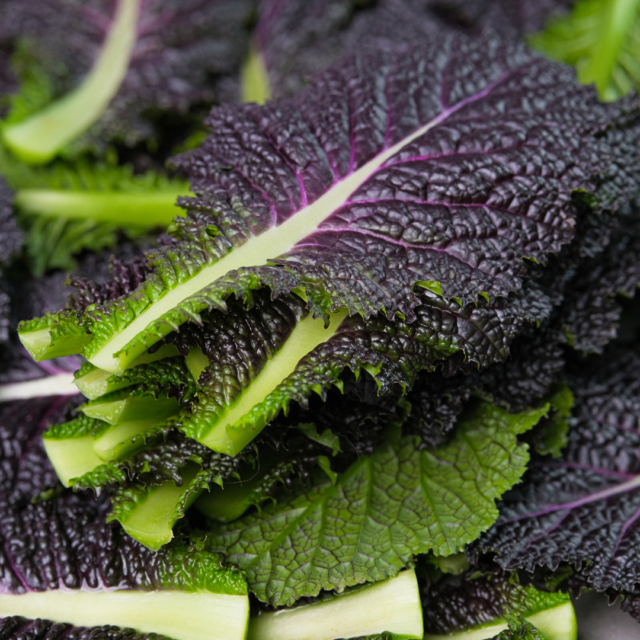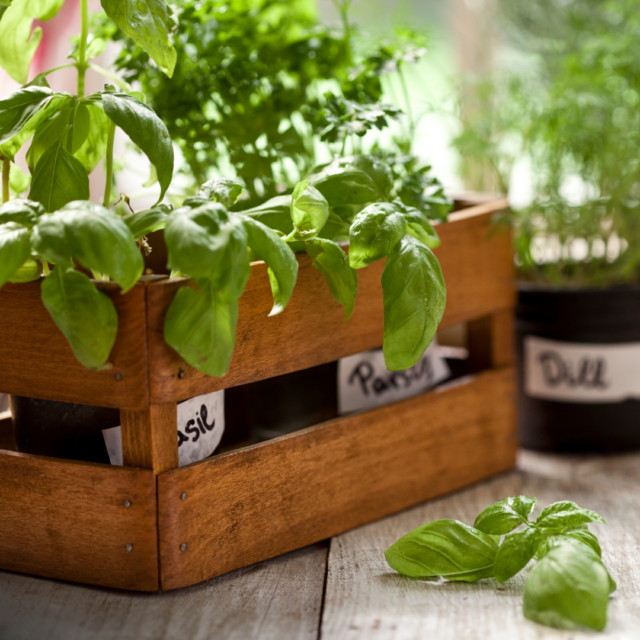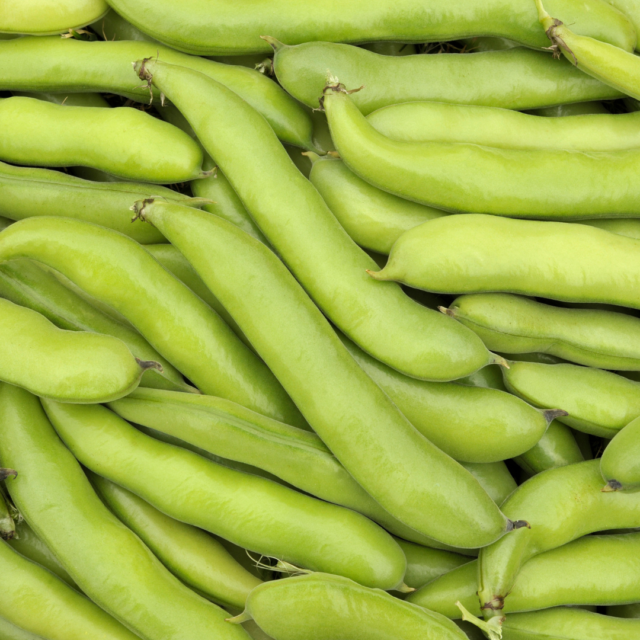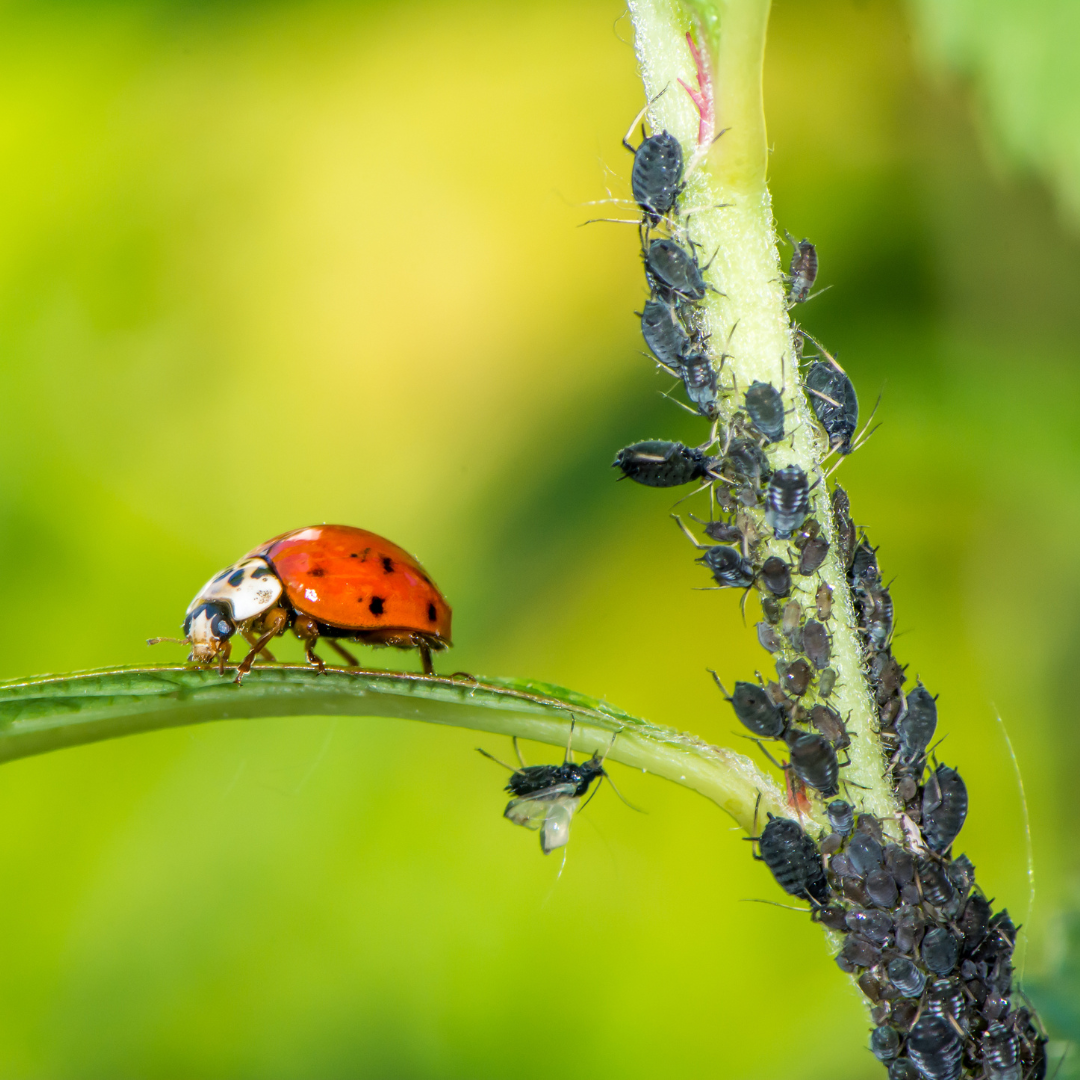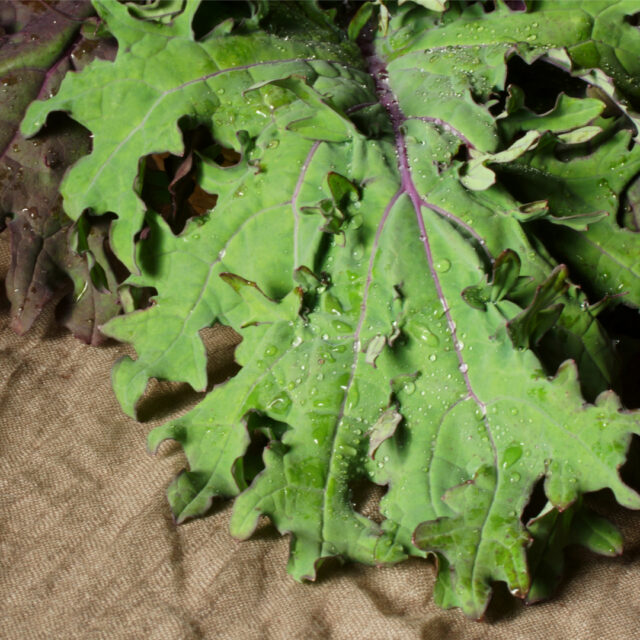As we embark on another delightful gardening season, it’s time to tackle a common foe that often sneaks into our vegetable patches – aphids! These minuscule sap-sucking pests can wreak havoc on our beloved plants, but fear not! We’ll equip you with organic methods to prevent and eliminate these tiny terrors from your garden.
Prevention is Better than Cure
The best approach to dealing with aphids is to prevent them from infesting your garden in the first place. Here’s what you can do:
🌱 Encourage Beneficial Insects: Invite nature’s helpers, such as ladybugs, lacewings, and hoverflies, into your garden. These voracious predators feed on aphids, keeping their population in check. Plant flowers like marigolds, daisies, and asters to attract these helpful allies.
🌱 Promote Healthy Plants: Strong, healthy plants are less susceptible to aphid attacks. Provide your vegetables with adequate sunlight, proper watering, and well-balanced organic fertilizers to boost their natural defenses.
🌱 Crop Rotation: Practicing crop rotation annually disrupts aphids’ life cycle. By moving susceptible crops to different areas, you make it harder for aphids to establish large colonies.
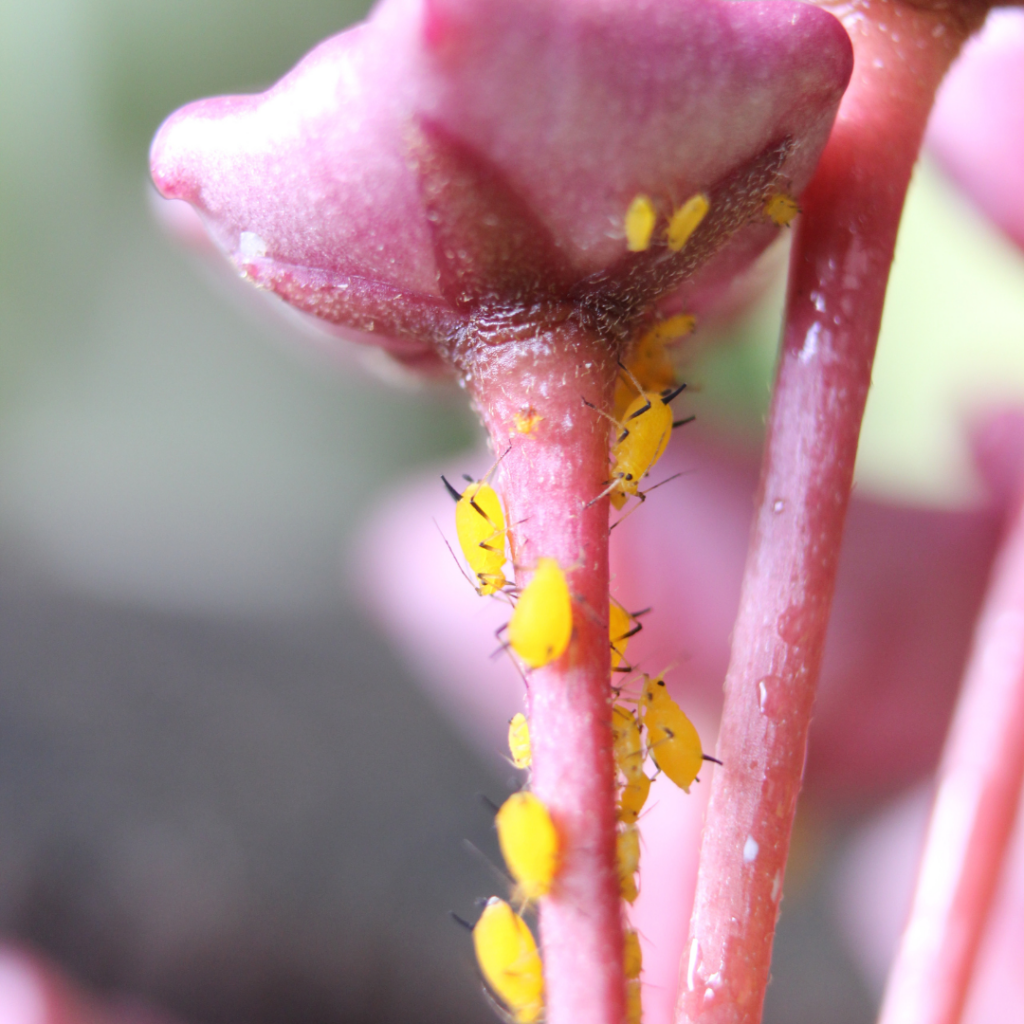
Organic Aphid Control
In case aphids still make an unwelcome appearance, these organic remedies will help you get rid of them:
🌿 Blast them Off: Give aphids a strong shower with a hose to dislodge them from your plants. Be sure to target the undersides of leaves where they often hide. Repeat the process every few days until they’re gone.
🌿 Homemade Sprays: Create a homemade aphid spray by mixing 1 tablespoon of mild liquid soap or dishwashing detergent with 1 quart of water. Spray this solution directly onto infested plants, ensuring thorough coverage. Remember to apply it early in the morning or late in the evening when beneficial insects are less active.
🌿 Neem Oil: Neem oil, derived from the neem tree, is a natural insecticide that repels and disrupts aphids’ feeding behaviour. Dilute according to the instructions on the product and spray it on affected plants. Reapply every week until the aphids are under control.
🌿 Companion Planting: Certain plants act as natural repellents for aphids. Intercropping your vegetable garden with plants like mint, chives, garlic, or basil can help deter these pests.
Sticky Traps
Place sticky traps or yellow adhesive boards near your affected plants. These traps attract and capture flying aphids. By doing so, you reduce their population and minimize their damage.
Remember, gardening is a journey of patience and perseverance. Don’t lose heart if you encounter aphids in your vegetable garden. Armed with these organic methods, you can protect your plants, maintain a harmonious ecosystem, and enjoy the fruits of your labour!
